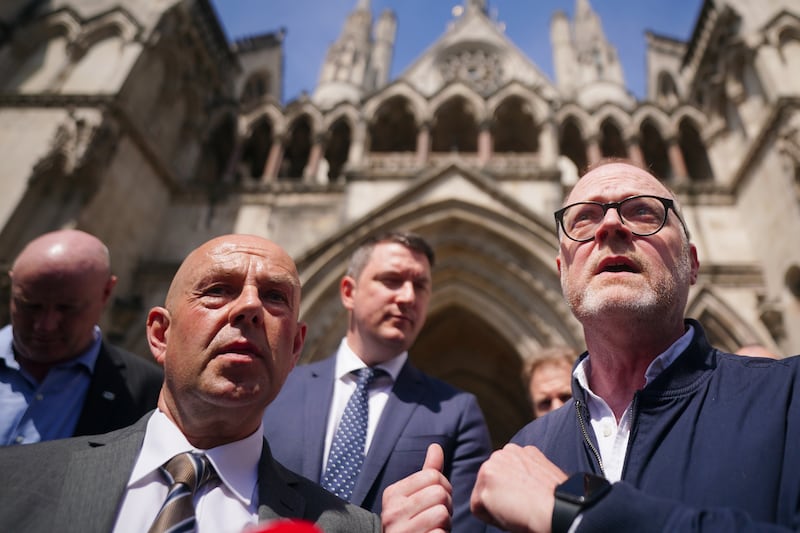The latest waiting list figures for Northern Ireland are truly appalling - the Royal College of Surgeons has described them as 'devastating'.
However, the statistics released by the Department of Health yesterday will come as absolutely no surprise.
Nearly 350,000 people are now on a waiting list for a first appointment with a hospital consultant with more than half waiting longer than a year.
The figures for the three months until the end of June show the list has grown by 13,825 from the previous quarter and by 38,946 from the same time in 2020.
With the worst waiting times in the UK, targets such as a delay of no longer than nine weeks for a first outpatient appointment, have been rendered largely meaningless.
The reality is that tens of thousands of patients are waiting for a very long time for their day procedure or surgery. Many of these patients are in pain, their quality of life severely impacted, yet they have no idea when they might be treated. This is simply unacceptable.
As we know, our lists were bad even before the pandemic, our health system struggling to cope with winter pressures and staff shortages. Now it is much worse.
The Bengoa report was just the latest in a succession of reviews telling us that we needed to change how we do things.
The health authorities know what has to be done. Health minister Robin Swann has a five-year plan which will need investment of £700 million.
He is also pointing to the difficulties in recruiting and retaining staff, with 1,700 nursing vacancies currently and more than 100 consultant posts unfilled. This inevitably has a profound impact on hospital services.
There is no doubt it will take time and money to fix the myriad of problems within our healthcare system.
But frustrated medics are calling for urgent action now.
Mark Taylor, Northern Ireland director of the Royal College of Surgeons has put forward suggestions that would allow surgery to continue irrespective of the peaks and troughs of the pandemic.
It is vital we have a long term plan to tackle the issues that have led to intolerable delays, but patients also need to be given hope that they will be treated sooner, not later.






